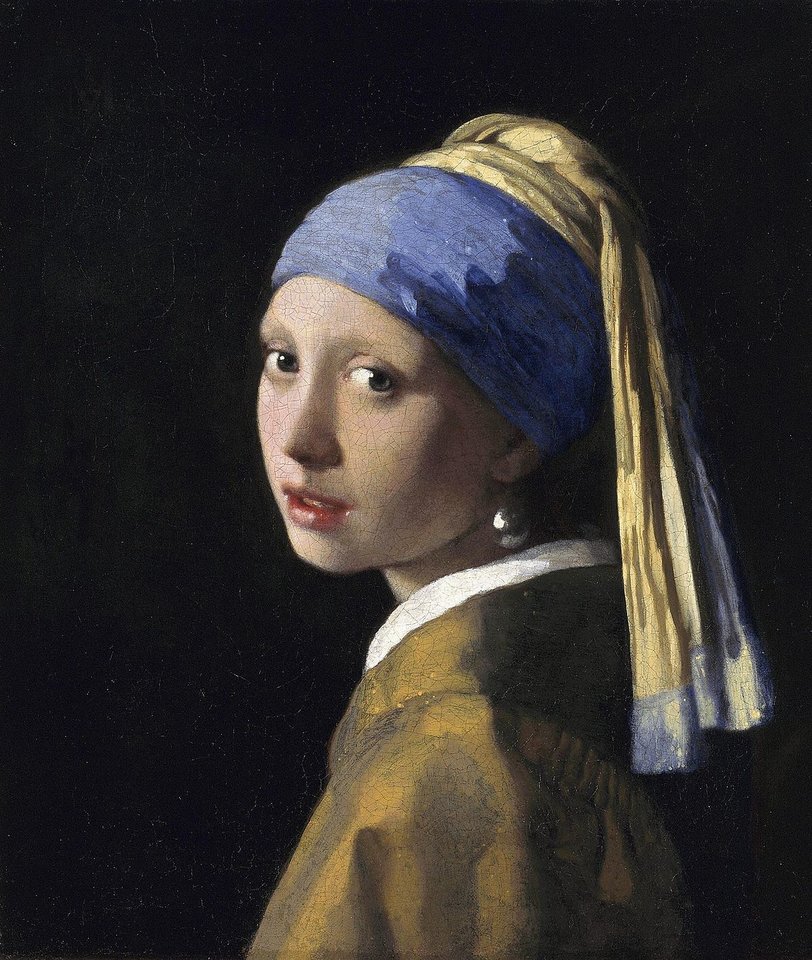TU Delft educational team “On Site” nominated for the Dutch Higher Education Award
The DHE award is the most prestigious prize for innovation in higher education. Every year, the Minister of Education, Culture and Science (OCW) awards the Dutch Higher Education Award to three educational teams from the academic world that have implemented an outstanding or special educational initiative that has led to improvements in higher education. The award expresses both appreciation for what the educational teams have already achieved and confidence in what they will achieve in the coming years.
TU Delft proudly presents this year’s nominee:
The "On Site" team from the Faculty of Architecture and the Built Environment. Janneke van Bergen, Inge Bobbink, Bieke Cattoor, Frits van Loon, Michiel Pouderoijen, Nico Tillie, René van der Velde & Saskia de Wit congratulations with your nomination!
“On Site”
In the "On Site" course, groups of around 15 architecture students from different disciplines take a spatial landscape-architectural design project from sketch to realisation on site. In consultation with the client, a suitable location for the project is sought in advance. ‘Real life’ stakeholders, such as landowners or users, the Department of Public Works, the Forestry Commission and Water authorities, as well as external experts are involved in the project. Looking at the end products, we see many different realisations. Varying from an expedition on the Oerol festival (Terschelling) to ‘an ode to the Dutch waterwalls’. In many editions, the projects have made socially relevant themes such as climate change and rising sea levels accessible to a wide audience and have stimulated discussion by questioning the audience about their own role in these developments.
The focus in the course is as much on substantive design competences as on cooperation. All roles necessary for successful cooperation and reaching the final goal must be defined and assumed by the students themselves; the lecturers switch from a leading to a coaching role. From idea to execution, the focus is on discovering, discussing and valuing one's own competences and those of team members, both professional and non-professional. Students learn that every idea is valuable in such complex processes.
"On Site" allows students to gain autonomy and self-confidence to function optimally in an independently operating team. This requires all parties involved to have the courage to work in uncertainty, to let go of expectations about the end result, and to trust the process and participants.
Team formation as a design process
Innovative is the structuring of team formation on the basis of explicitly made steps in the design process. The designers first generate a range of solutions (diverge). Using brainstorming techniques, they inspire each other in an open setting, which in a short space of time generates many more ideas, however imperfect or incomplete. Critical questioning of the assignment is also part of this phase. By categorising/thematising possible solutions, lines of thought emerge as the guiding theme for the solution. In smaller teams and in different rounds, themes and sub-themes are worked out in the various design domains. In this way, solutions converge further and further into the frameworks of the assignment and self-added frameworks.
Shifting leadership from lecturer to student
A second innovation concerns the changing leadership of the process. At the start, the lecturers are in the lead. After about 5 weeks, for each project phase and activity, students take the leadership role, supported by the other students. This happens by means of the process described above, supplemented by exercises in which the students name their own qualities, also in relation to each other. Gradually, lecturers become coaches in the background and part of the team. In this way, the growth of the team goes hand in hand with individual growth, and each student becomes the best version of him/herself within the team. For this, they must appreciate and respect their own and each other's unique qualities, and the cooperation must guarantee that everyone is heard.
In the conceptual way of thinking that prevails at TU Delft, it is often difficult for students to accept that ideas and relationships change during the process. This educational initiative teaches students how to deal with this. The instructors undergo a similar but reversed process: their role changes from leading to following. To this end, they must allow the students to achieve their own victories and - more importantly - make their own mistakes.
Do you want to learn more about “On Site”?
Have a look at the education day recordings in which Frits van Loon talks about “Who is in the Lead”

